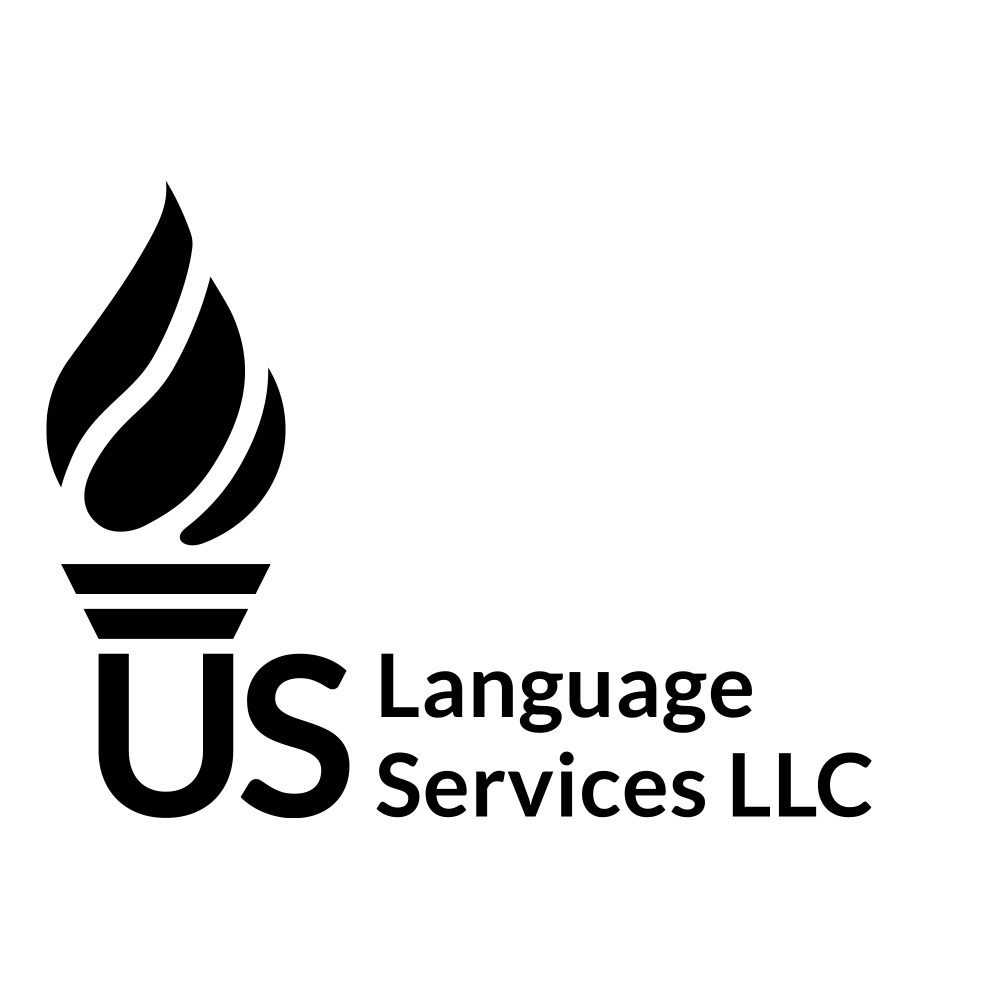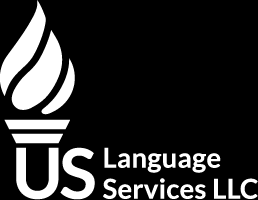Work in the U.S. as a Foreign Educated Licensed Professional
Any individual interested in obtaining a work visa and moving to the United States to practice their licensed profession is probably wondering how to get their foreign qualifications and credentials recognized. After all, your foreign qualifications are essential to proving to license boards in the United States that you are qualified and capable of practicing when you move to the country.
Our article will answer your questions about the steps you need to take in order to be able to practice a licensed profession in the United States if you received your degree in another country.
How to Practice a Licensed Profession if I Received My Degree in Another Country?
Practicing a licensed profession in the United States is something that many individuals wish to do, even if they have obtained their degree in another country. Many licensed professions in the United States do accept foreign degrees and credential holders into their professions, but there are a few steps that you must take first to get your qualifications recognized.
It is important to emphasize here that you will need to be in contact with the licensing board of your specific profession in the state you wish to move to throughout this process for the most accurate advice and requirements.
In this guide, we will cover these questions:
- How Do I Get My Foreign Qualifications Recognized in the United States?
- Which Professions Require Foreign Qualifications to be Recognized?
- How Do I Obtain a Credential Evaluation?
- Where Can I Get a Certified Translation?
How Do I Get My Foreign Qualifications Recognized in the United States?
In the United States, licensed professions are handled at the state level, and each state will likely have different requirements for you to complete before you are able to be licensed and legally practice in the state you wish to move to. For more detailed information on the requirements for your specific profession, state, and individual situation, you will need to reach out to the state licensing board directly either via their website or email to learn what needs to be done if you want to practice in the United States with foreign qualifications.
That being said, a vital part of practicing your licensed profession in the United States is ensuring your foreign qualifications, such as degrees, academic experience, and work experience, are all accurately recognized by licensing boards in the United States. This means that you will most likely need to submit a credential evaluation along with original copies (and certified translations) of any academic transcripts, diplomas, licenses, and certifications.
The state licensing board you are working with will give you more information on which specific documents might be needed and the type of credential evaluation you are required to submit (if you are required to submit one). It is important to understand that credential evaluations are carried out by independent companies, not the licensing boards themselves.
In general, the steps for practicing a licensed profession in the United States with foreign qualifications are:
- Reaching out to the licensing board for your profession in the state you wish to practice in and learning what is required of you.
- Obtaining certified translations and credential evaluations as requested.
- Submitting applicable documents, translations, and credential evaluations to the state licensing board for review.
You will also need to look into work visas in order to legally travel to the United States and practice your profession. U.S. Citizenship and Immigration Services provides more information on working in the United States.
Which Professions Require Foreign Qualifications to be Recognized?
Several different licensed professions will likely require a foreign credential evaluation and other information about your foreign education or licensure before you are eligible to legally practice in the United States. We list these professions below.
Keep in mind that because licensures are handled on a state-by-state basis in the United States, you will need to contact the state licensing board for your specific profession directly for all of the information and requirements needed for your U.S. licensure.
- Accounting (CPA)
- Architecture
- Athletic/Personal Training
- Audiology
- Aviation Occupations (including Pilot)
- Barbering & Cosmetology
- Chiropractic
- Clinical Psychology
- Counseling
- Dental Hygiene
- Dentistry
- Dietetics & Nutrition
- Engineering
- Funerary Services
- Landscape Architecture
- Law
- Marriage and Family Therapy
- Massage Therapy
- Medicine
- Midwifery
- Nursing
- Occupational Therapy
- Opticians
- Optometry
- Orthotics, Prosthetics, and Pedorthics
- Pharmacy
- Physical Therapy
- Podiatry
- Radiology Technician
- Social Work
- Speech Pathology
- Teaching
- Veterinary Medicine
The U.S. Department of Education’s International Affairs Office gives further information and links to state licensing boards and relevant organizations for most of these professions.
That being said, if you have questions about whether or not your licensed profession will allow foreign degree holders to practice in the United States, you will need to contact the applicable state licensing board for your profession directly.
How Do I Obtain a Credential Evaluation?
For those with foreign qualifications wishing to practice their licensed profession in the United States, a credential evaluation will most likely be required. State licensing boards vary in their requirements, but you can expect the state licensing board to either review your credentials themselves, refer you to a specific credential service that evaluates qualifications for those in your profession, or require you to obtain a credential evaluation via a general credential evaluation service. Make sure you understand which option is requested of you before committing to having your degrees or qualifications evaluated by a certain service. You will need to check with the licensing board to determine whether they require that you use a specific evaluation agency and what type of evaluation they would like you to submit.
The most common types of evaluations are document-by-document reports and course-by-course reports; however, the latter are the most often requested by licensing boards. These can vary between agencies, but typically these reports will include the country of study and foreign institution, your dates of attendance, the credentials you received and their U.S. equivalence, your GPA, the courses you took with the corresponding credits and grades, as well as any specific information or explanations about the course content required by the licensing board.
What the credential evaluation agency will need to perform the evaluation will ultimately depend on the country where you completed your studies; however, generally the necessary information includes your academic transcript, your degree certificate or diploma, your certificate of studies or grades and the program curriculum or study plan.
If you need help selecting a credential evaluation service to use, you may want to consider one of the services in either the National Association of Credential Evaluation Services or the Association of International Credentials Evaluators. These organizations and the credential services that join them are committed to high standards and quality evaluations of foreign qualifications, accurately converting them to the United States equivalent.
You should also note that credential evaluations aren’t free, and you will need to pay between $250 and $500 on average to obtain this service. You may need to pay more depending on the credential evaluation service you use, if rush service is needed, and the documents you need to be evaluated.
Where Can I Get a Certified Translation?
Certified translations are an essential part of getting your foreign qualifications for a licensed profession recognized. Most state licensing boards will request your original academic documents and degrees along with a certified translation for review, and most credential evaluation services will also need a translation as they work on evaluating your qualifications for the U.S. equivalent.
Visit our online store for certified translations of important documents such as:
Guaranteed Acceptance
All our certified to English translations are accepted by the USCIS. Our translations follow the guidelines established by the USCIS and are also accepted by educational institutions.
Most Requested Documents
FAQs
You can order most translations 24 hours a day, 7 days a week through our online store. For large projects (more than 20,000 words or 50 pages), please request a quote.



